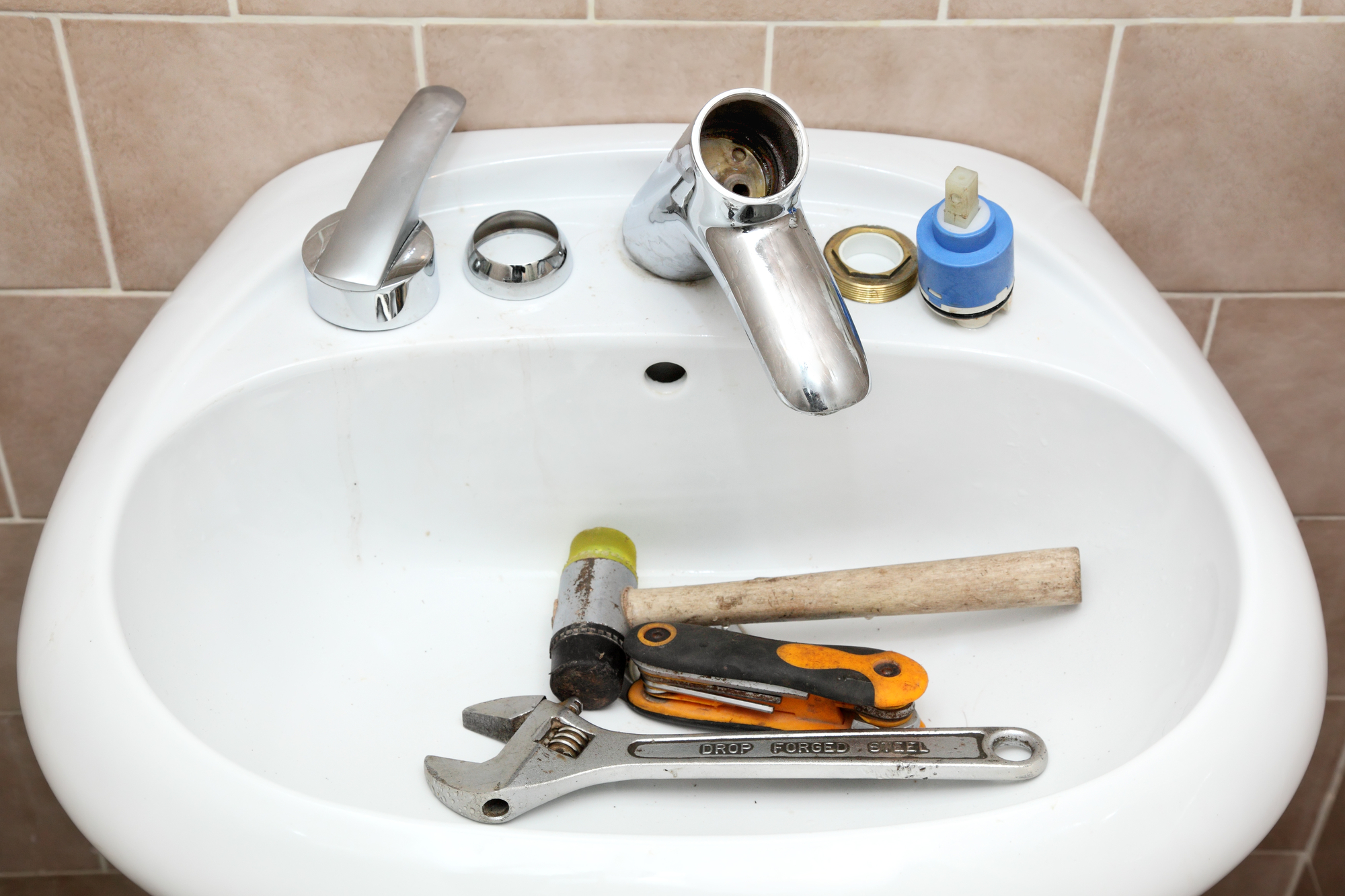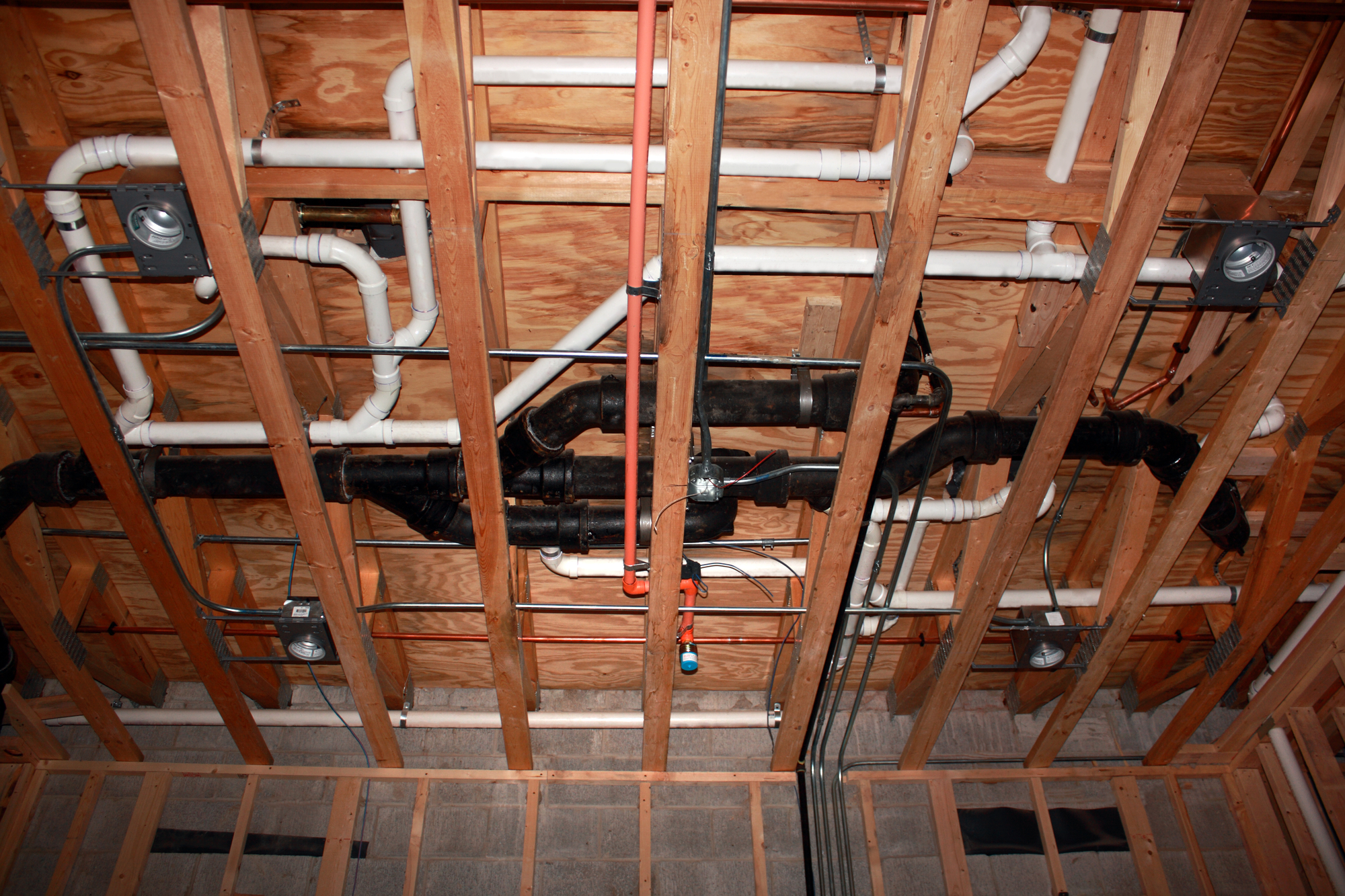The world of plumbing is filled with a myriad of choices, whether you’re a seasoned professional or a householder with a DIY project. This includes the essential factor of pipe material. But with a plethora of materials to choose from, how do you know which is optimal for your project? As a leading authority in the plumbing industry, we recount the top 5 pipe materials widely used today. This comprehensive guide aims to provide value to anyone seeking superior plumbing services or planning their next project.
Copper Pipes: The Gold Standard
In the world of plumbing, copper is a high-ranking, reliable option due to its long life span of about 50 years. They’re resistant to corrosion, withstand heat well and are ideal for hot and cold water distribution. Con: Their high cost. Still, due to their outstanding quality, copper pipes are frequently hailed as the gold standard in the plumbing industry.

PVC Pipes: Cost-Effective and Versatile
PVC, or polyvinyl chloride, is celebrated for its cost-effectiveness and versatility. Often seen used in sink, toilet, and bathtub drains, PVC is the go-to for low-temperature and pressure applications. However, its limitations reign in high-temperature situations where it risks deforming.
PEX Pipes: A Newer Contender
PEX, or cross-linked polyethylene tubing, is a newer contender that is fast gaining popularity. It’s a favorite among DIY enthusiasts for its flexibility, thus making installations a breeze. Plus, it’s resistant to both heat and cold, making it ideal for various purposes. One potential downside could be its possible susceptibility to UV damage.
ABS Pipes: Similar yet Different to PVC
ABS (acrylonitrile butadiene styrene) is often compared to PVC due to its composition. Although similar, ABS pipes typically endure colder temperatures better and are used in systems like vent and drain lines. However, they’re not as commonly accepted by local codes as their PVC counterparts.

Galvanized Steel Pipes: The Durable Class
Galvanized steel pipes have been utilized in the plumbing industry for many years. Known for their durability and ability to withstand high water pressure, these pipes are perfect for larger projects but come with a threat of rust over time.
In summary, the use of any one of these materials depends on the specified requirements of a project, local codes, and personal preference. Each possesses unique features ideal for certain conditions and not for others. As such, knowledge about these pipe materials is a vital tool for anyone broaching plumbing installation or repair.
Plumbing isn’t merely about stopping drips and fixing leaks; it also incorporates knowledge about what runs within the walls of our homes and offices – pipes! As the plumbing industry develops, new materials are steadily replacing the old, each tailored to provide efficient solutions to specific needs.
Regardless of the sophistication of these materials, the efficacy of any plumbing project still rests in the hands of the well-informed. Make an informed decision on your next plumbing venture by understanding the materials involved. Remember, the success of a project isn’t about how advanced the materials utilized are, but how well-versed a plumber is to properly execute it.






